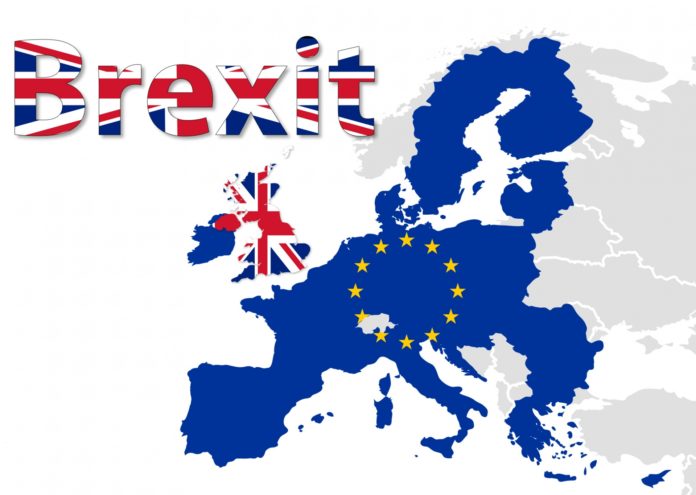Alison Ryan, London Office, Bord Bia – Irish Food Board
Key events this week:
Nigel Farage’s Brexit party won 31.6% of the vote in the UK’s European Parliament election, which translates into a total of 29 seats. The Liberal Democrats had the second highest results, winning 19.6% of the vote. Labour came in third at 13.6%, followed by the Greens at 11.8%. The Conservatives scored their worst results ever in a national election since the party was founded in the 19th century, winning only 8.8% of the vote. The elections had the UK’s second highest turnout for European elections at 37%.
A number of Conservative leader candidates are embracing a no-deal Brexit, with contenders such as Dominic Raab, Esther McVey, Boris Johnson and Andrea Leadsom all coming out this week in support of leaving the EU without a deal. Jeremy Hunt, however, launched his pitch this week by saying that it would be “political suicide” to a push a no-deal exit through the House of Commons.
Jeremy Corbyn is under fresh pressure to back a second vote, following the results of the European election this week. The party lost votes to the Liberal Democrats in Remain areas and to the Brexit Party in leave areas. Corbyn promised to launch a consultation with the party membership to assess the demand for a change in Brexit policy and “bring the issue back” to the party’s autumn conference.
Nigel Farage has suggested that his Brexit Party will compete in the next general election. Farage stated that if Britain does not leave the EU on October 31, his Brexit party could pull off similar results in a general election as it did in the European elections. Farage claimed that he was already “getting ready” to fight a general election.
Boris Johnson is facing the prospect of criminal trial over comments he made in the run-up to the 2016 Brexit referendum. The frontrunner in the Tory leadership context has been ordered to attend Westminster Magistrates’ Court to face three allegations of misconduct in a public office, both in the run-up to the 2016 referendum on EU membership and in the weeks before the 2017 general election.
Implications for Irish food & drink companies:
The pound continued its low streak this week, following the resignation of Theresa May’s and the success of Nigel Farage’s Brexit party in the European elections. A number of candidates for the position of leader of the Conservative party have come out in support of a no-deal Brexit, meaning that the threat of the UK leaving the EU without a deal on October 31 has increased. Therefore, it is crucial that Irish companies continue to prepare for all Brexit possibilities, including a no-deal Brexit, the threat of which has re-emerged. Bord Bia’s support programmes can be found here.
Looking ahead:
- The House of Commons will be on recess from May 23 until June 3.
- European leaders will hold a symbolic meeting in June to review the UK’s progress.
- Newly elected MEPs will be taking their seats on July 1.
- A new Conservative Party leader is expected to be elected by the end of July
- October 31 is the current Brexit deadline.







